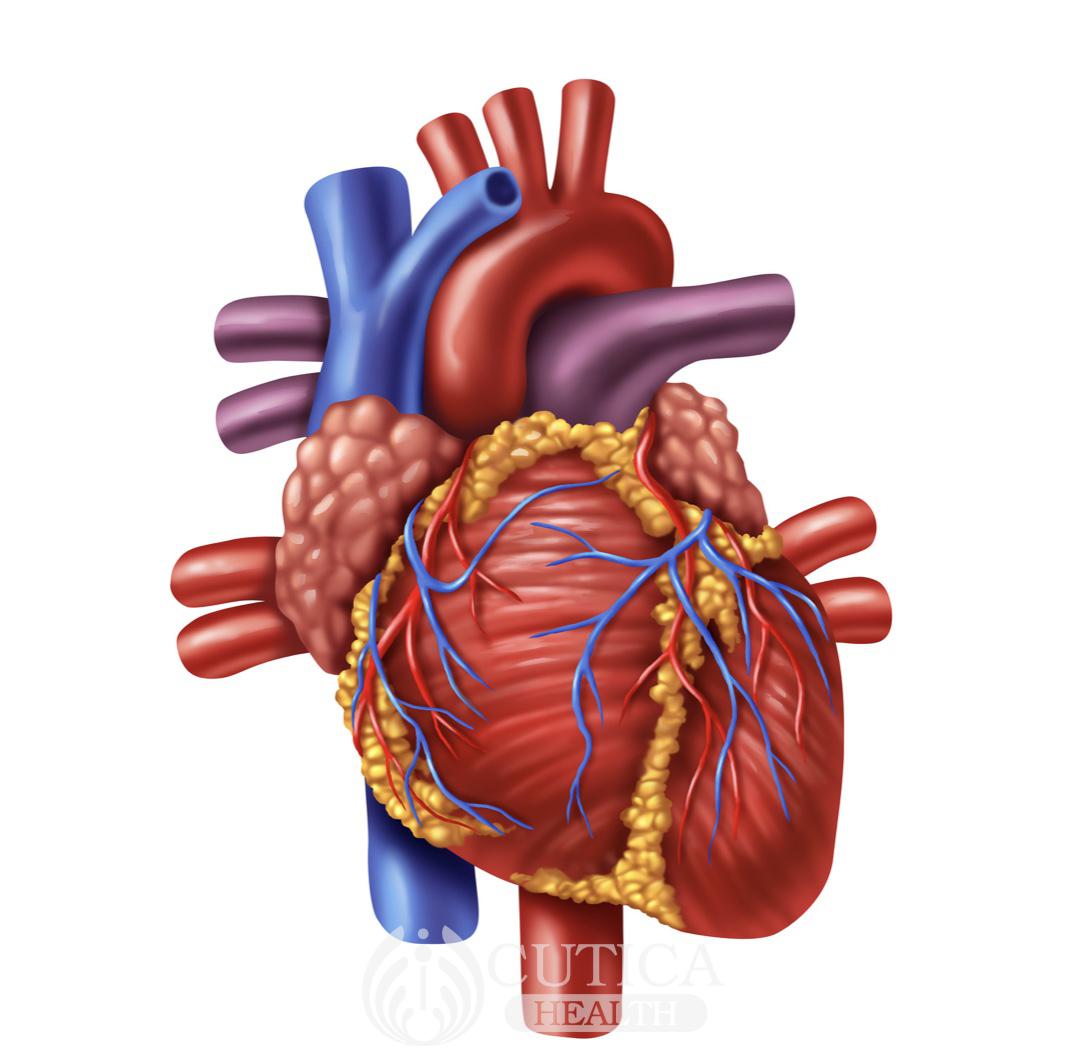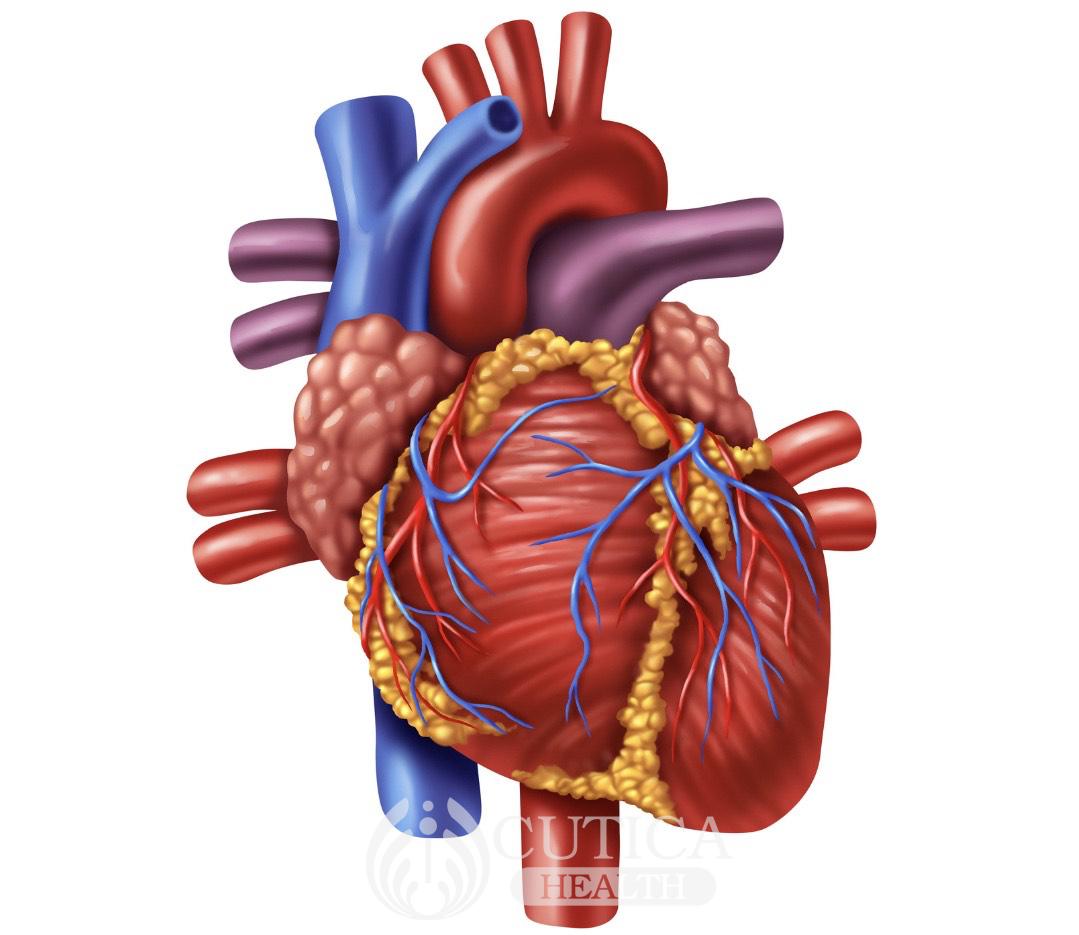
May parts of sub-Saharan Africa are facing a dual problem of malnutrition and nutrient deficiencies, especially among children and the under-five population. The human body requires a balanced diet to function optimally, which involves eating foods rich in vitamins, minerals, proteins, carbohydrates, and fats in the right amount. But in many parts of Africa, daily consumption is not always in the right aggregate of these nutrients. This, in turn, leads to nutritional deficiencies that may cause other problems. Here, we’ll discuss common nutritional deficiencies many people did not know were as common.

IRON DEFICIENCY
Iron is required for the formation of red blood cells, the cells needed for circulation of oxygen around the body. Inadequate intake of iron, found in liver, red meat, green vegetables, nuts, dried fruits, and soybeans, may cause a reduction in the number of red blood cells, a condition called anemia.
Anemia from poor intake of iron is mostly found in children and pregnant women, and could present with weakness, pale eyes and skin, and in severe cases, difficulty breathing and fast heart rate. This is the reason pregnant women receive iron supplementation throughout pregnancy.
VITAMIN A DEFICIENCY
This is a common deficiency in Africa and occurs with poor intake of vitamin A-rich foods, such as fatty fish, dark leafy greens, bright-colored fruits, such as carrots and pawpaw, cheese, eggs, and fortified cereals. Lack of vitamin A may also result from poor absorption of the nutrient in the gut. An early symptom of this is inability to see well in the dark, a condition called night blindness.
In addition, a lack of vitamin A may also result in dryness in the eyes, which make them prone to infections. One way to prevent vitamin A deficiency in developing countries, such as sub-Saharan African countries, is to give vitamin A supplements orally every 6 months for all children between 1 and 5 years of age.
IODINE DEFICIENCY
Iodine is a trace element that is naturally present in some foods and added to certain types of salt. Iodine plays a crucial role in how our body functions; it is an essential component of the thyroid hormones, which helps to coordinate our body’s metabolism. If you don’t have enough iodine in your diet, that is, if you don’t consume iodine-added salt, you may develop serious health problems.
The major concern with iodine deficiency is hypothyroidism, or an underactive thyroid gland. This leads to slow metabolic rate, and essentially slowing of all major body processes, including brain function, growth, reproduction, and heart function. In children, it may lead to a group of symptoms called cretinism, a major component of which is mental retardation.
FOLIC ACID DEFICIENCY
Folic acid is a type of B-vitamin required for formation and function of red blood cells, the group of cells involved in blood circulation. Folic acid also helps to make DNA and genetic material. It is therefore, important for pregnant women.
Folic acid is found in many natural dietary sources and fortified foods, including grains, cereals, and bread. The best sources of this vitamin, however, include beef liver, black-eyed peas, boiled spinach, and avocado. Lack of this vitamin produces symptoms of reduced blood formation, including weakness, fatigue, fast heart rate, and headaches. In pregnant women, depleted folic acid supplies may cause malformations in the unborn baby, especially defects in brain development.
VITAMIN D DEFICIENCY
The body needs vitamin D for strong bones and teeth, and lack of this vitamin in your diet may make your bones and teeth very soft and easily broken. In children, deficiency of vitamin D causes rickets, in which the bones are soft and deformed. A similar deficiency in adults is called osteomalacia. Other symptoms of this deficiency include muscle weakness, pain, fatigue, and depression.

Although the body makes enough vitamin D upon exposure to sunlight, you can also get vitamin D from your diet. Common sources of vitamin D include fatty fish, red meat, liver, and egg yolks. You can also get the vitamin from fortified foods, such as breakfast cereals. Inadequate sun exposure is also an important cause of this vitamin deficiency.
Conclusion

The body has special demands of all classes of foods: minerals, vitamins, proteins, carbs, and fats; in adequate supply of one may affect the function of the others, and the function of the whole body. Therefore, it is important to pay attention to your food and ensure you consume foods that are rich in these nutrients and in the right amounts.












